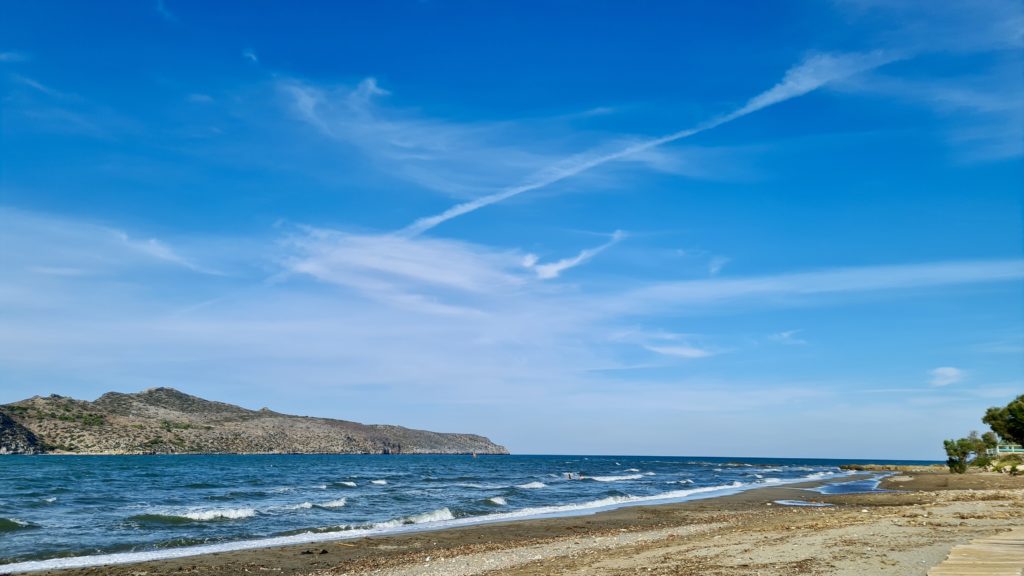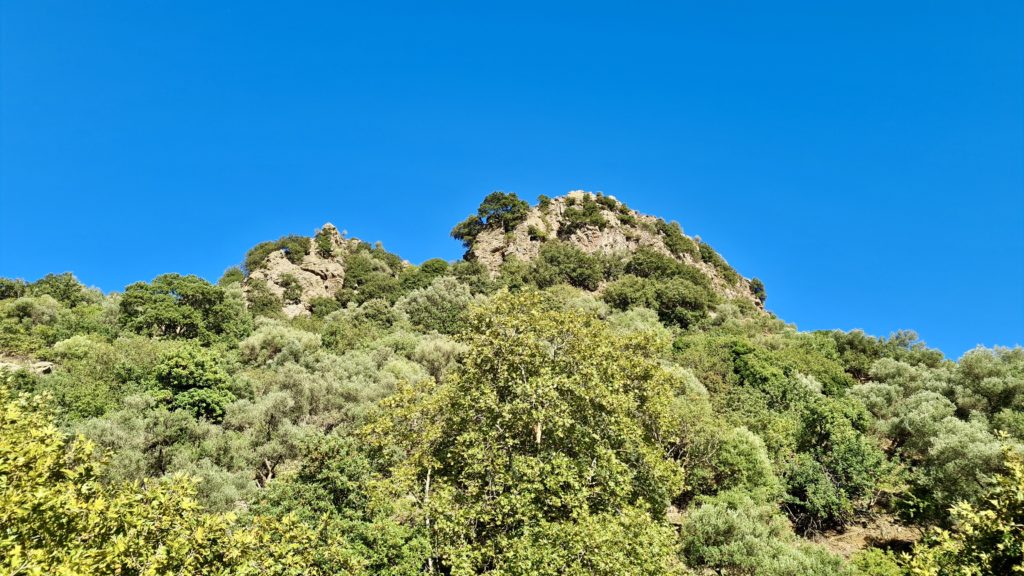Innovation in the agricultural sector
By Ingemar Pongratz

Agia Marina Crete by Ingemar Pongratz
The future of the agricultural sector in Europe is currently under intense discussion. The important role of agriculture in climate change is clear. Several EU estimates show that agricultural activities represent around 30% of the total production of greenhouse gas emissions. Furthermore, the ongoing corona virus pandemic has shown that there are major vulnerabilities in the food supply chain which could lead to food shortages for consumers.
In addition, the EU has launched the European Green Deal. The EU Green Deal aims to transform the European Society and reduce greenhouse gas emission and transform the European continent to a carbon neutral continent by 2050. In fact, the European Commission has proposed for example that the forest area in Europe needs to increase with at least 10% to meet the climate goals and bind CO2. This change would reduce the surface of land use for agriculture. This change would lead to reduced food (or feed) production which has to be replaced through other means.
These and other developments lead to a requirement to transform European agriculture in the future. Clearly, new solutions are required to meet the challenges that the EU agricultural sector are facing in the near future. New research and innovation will be key to identify new product and services to support EU agriculture and mitigate climate change.
The new European Research Horizon Europe will contribute with part of the necessary funds to drive the transformation of EU agriculture and improve for example soil health, reduce the use of antibiotics and pesticides and increase organic farming.
Interestingly, the European agricultural innovation strategy is different to the US strategy. In the US, genetic modification of crops is a key element for agriculture in the future. In Europe, consumers are very negative towards genetically modified food or feed products and several EU Member States have introduced bans on Gene Modified Organisms (GMO).
There is thus a concern that European agricultural researchers and European farmers will not be able to meet the competition from the US and form other regions which use GMO in agriculture. GMO technology aims to develop new organism with inherent resistance towards for example pesticides. GMO crops that are resistant to specific pesticides would be able to survive pesticide exposure. However, pesticide use is associated with considerable health and environmental risks.
European researchers should therefore develop new agricultural strategies that use less pesticide for food or feed production. GMO research is definitively not the only way to increase and improve food and feed production. Letavis AB has for example developed new innovative strategies that bypass the requirement for pesticides and improve plant growth considerably. Other seed treatment strategies lead to increased production as well. GMO may be a scientifically popular strategy but there are alternatives. European agriculture could take advantage of consumer sentiment regarding GMO and develop new innovative strategies to support agriculture and reach international leadership in this scientific field.
European farmers would then be able to increase production without harming the climate and the environment. This is a key marketing among consumers and would improve the ability of EU agriculture in the market.
Ingemar Pongratz is a researcher and entrepreneur. Ingemar Pongratz has established Fenix Scientific AB / Pongratz Consulting to support universities and enterprises to apply for EU project funding from public schemes. Ingemar Pongratz is also cofounder of Letavis AB, a company that develops new products for the agricultural sector. Please use the online contact form if you wish to contact us and discuss proposal preparation or other collaborations.

Crete 2020 by Ingemar Pongratz
